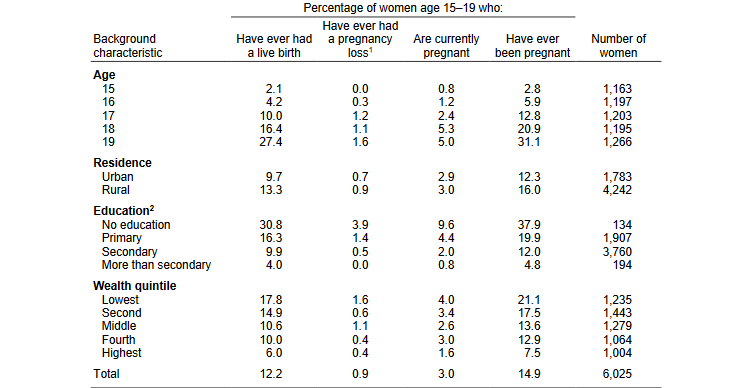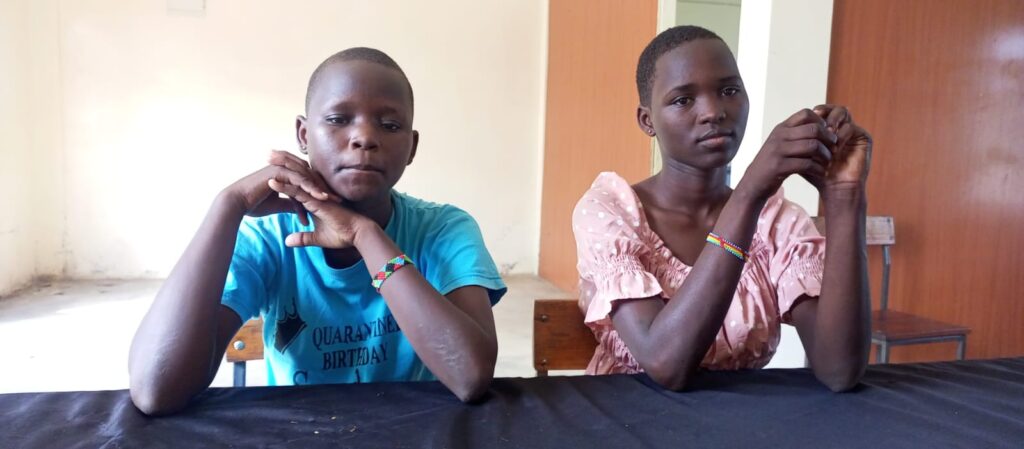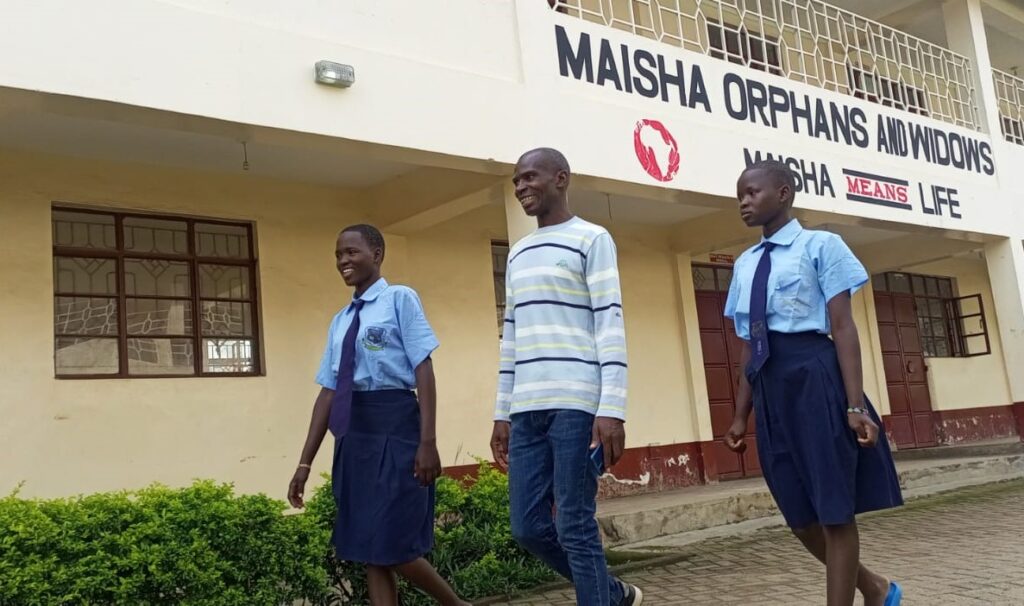Pheobe Ibabat and Sharon Itabu sit side by side, chatting amid broad smiles and occassionally, chuckles as they tap each other’s shoulders.
Just five years ago, they could not afford such leisurely chats.
About four in 10 women aged 15 to 19 who have no education have ever been pregnant, as compared with only five per cent of women who have more than secondary education
Kenya Demographic and Health Survey (KDHS) 2023
The orphaned sisters aged 18 and 17 respectively were rescued from the brink of early marriage in their Natotol village in Turkana Central five years ago, and they are now on track to realising their career goals.
When Lake Region Bulletin caught up with the duo at Maisha Project in Kisumu East where they have been living since the rescue, they were preparing to report to school for the 2024 Term One session.
The two are Form Three students at Dr Aloo Gumbi Secondary School after escaping early marriage and exploitation.

According to Kenya Demographic and Health Survey (KDHS) 2023, 15 per cent of women aged 15 to 19 have ever been pregnant.
The report further indicates that those who have ever been pregnant increases with age, from three per cent among those aged 15, to 31 per cent among those aged 19.
“About four in 10 women aged 15 to 19 who have no education have ever been pregnant, as compared with only five per cent of women who have more than secondary education,” the report reads in part.
Early marriage
Turkana is among the northern Kenya counties which records high numbers of these cases, with early marriage escalating the situation.
For instance, UNICEF’s Multiple Indicator Cluster Surveys (MICS) 2015, targeting Turkana County showed that 14 per cent of girls aged between 15 and 19 years were married, and almost 10 per cent of girls were married before the age of 15.
The report further revealed that 32 per cent of Turkana women aged between 20 and 49 were married before 18,
Pheobe and Sharon count themselves lucky not to have formed part of these grim statistics.
When we left the school, we returned to our home where we lived with our elder sister, and did menial jobs to survive, and sometimes begged for food from neighbours
Pheobe Ibabat
The duo lost their parents at an early age, and had to depend on their old grandmother as the caregiver.
A few years later, the grandmother died and they were left exposed, having to hope from relative to another, and sometimes to neighbours.
It was here that they were rescued by a local catholic church which offered them a place to call home, and provided them with education.
Missing the target
But while at Standard Six, the sponsor dropped them over ‘poor performance’.
“We had been given a target of scoring 300 out of the total 500 marks in the end year examination, and we were informed that failure to meet the target would cost us the scholarship,” said Pheobe.

And when the results were released, Pheobe scored 240 marks while Sharon managed 264, and the axe landed on them.
The sisters noted that trauma from their backgrounds could have partially impacted on their concentration while in school.
“When we left the school, we returned to our home where we lived with our elder sister, and did menial jobs to survive, and sometimes begged for food from neighbours,” Pheobe added.
With little care, the duo were exposed to the harsh
“My greatest fear was having to become a wife at that age. My elder sister had already escaped from home when she sensed plans to marry her off,” said Pheobe.
She added: “At home we were exposed to all the threats, and we were at the brink of losing hope.”
Miraculous rescue
In 2019, the duo were spotted by a local leader who recommended them for rescue.
Maisha Project, a local Non-Governmental Organization based in Kisumu offered to host them, and provide them with basic needs as well as education.

Facility Director Beatrice Williamson noted that the intervention was sealed after her team evaluated the threats that surrounded the girls as noticed during the facility’s community outreach in Turkana.
They were enrolled in Standard Six at Maisha Academy where they later sat their Kenya Certificate of Primary Education (KCPE) examinations before joining Dr Alo Gumbi Secondary School in Kisumu East.
“Today, the girls’ faces are bright and full of hope. They are now on their root to achieving their life dreams,” said Joshua Ouko, Project Manager at Maisha.
According to Mr Ouko, the girls have since undergone holistic transformation in terms of social well-being, discipline, hygiene and mental stability.
